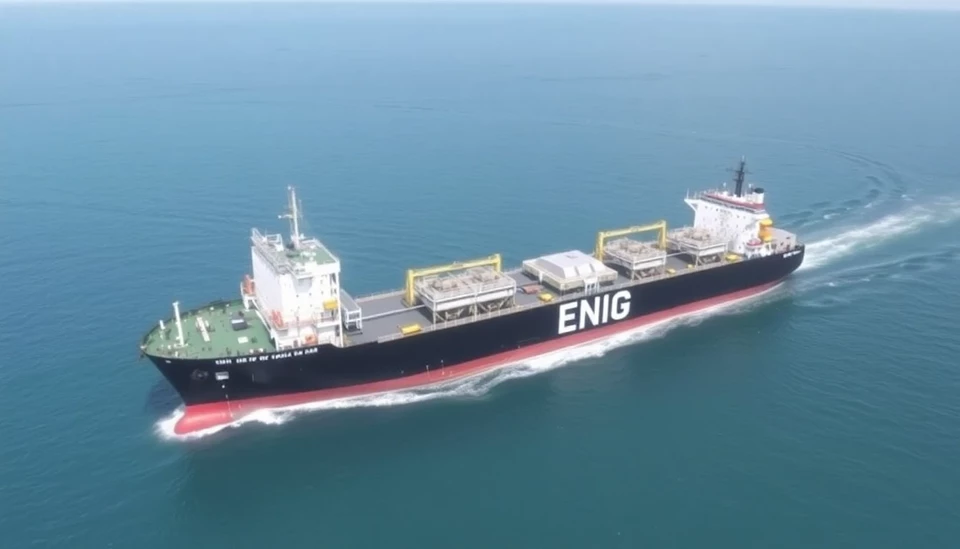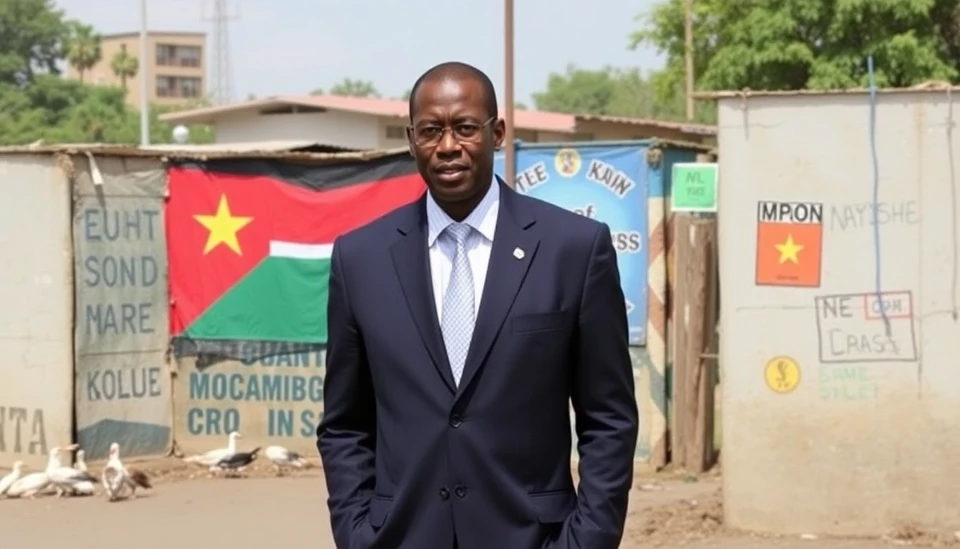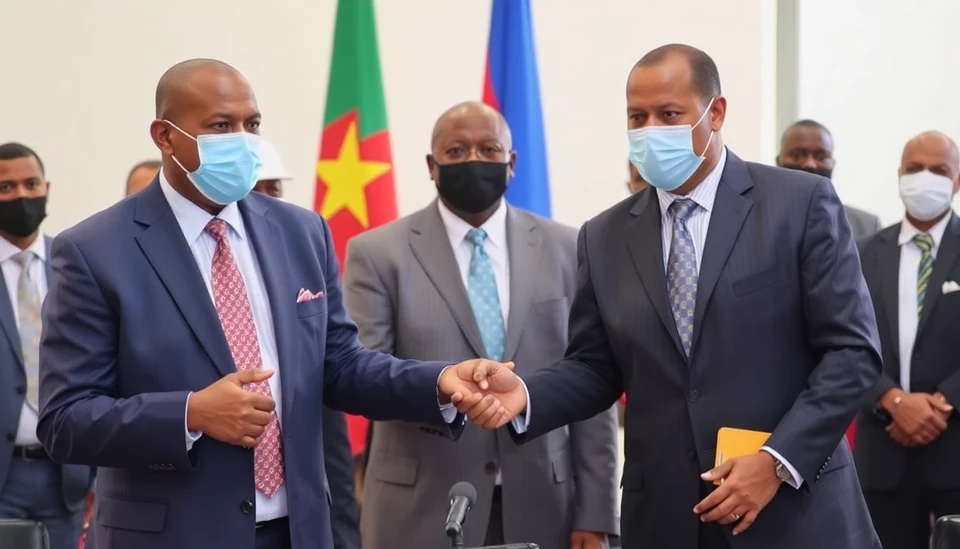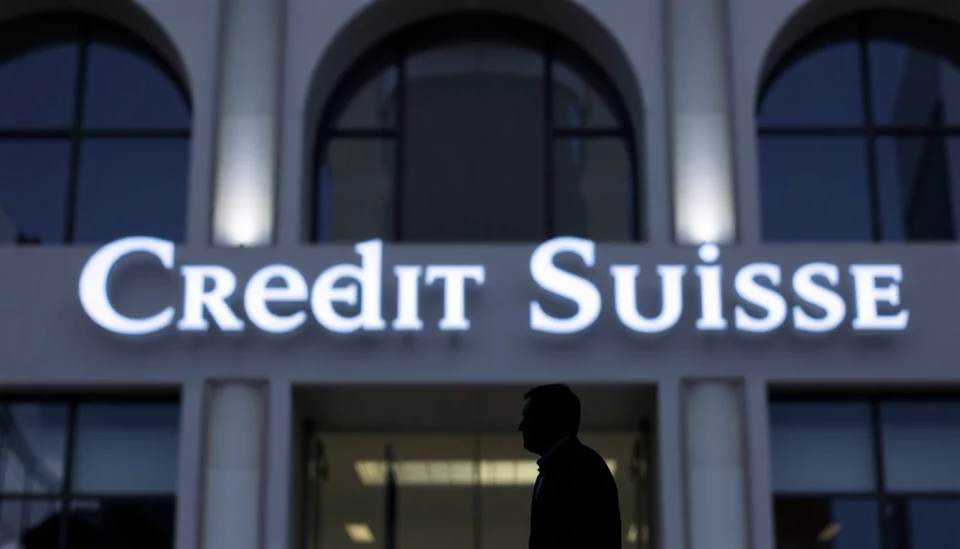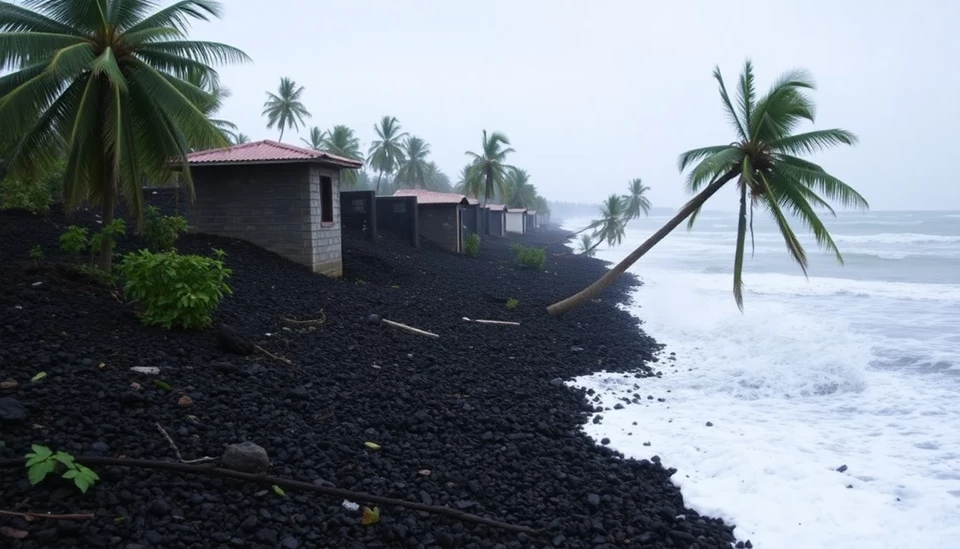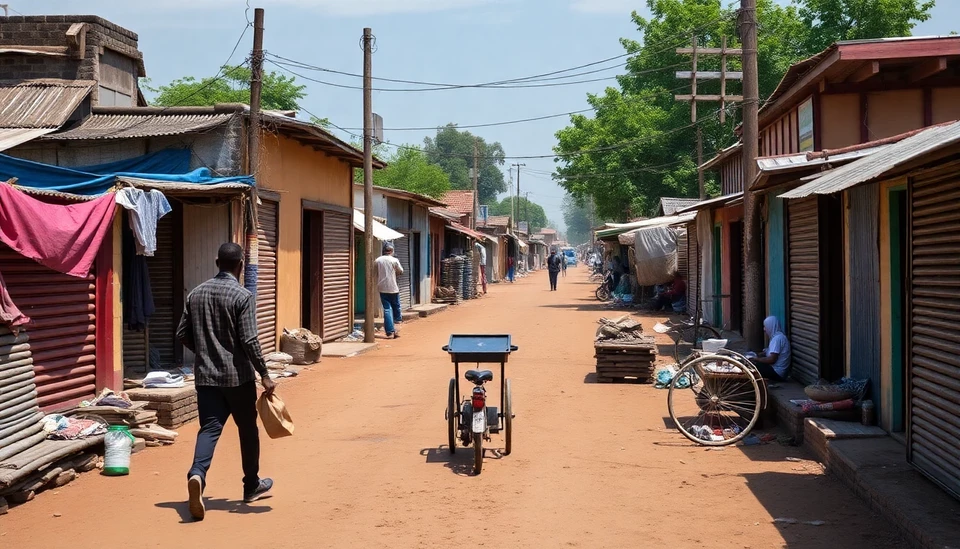
Mozambique's economy has recently suffered its most substantial contraction in seven years, primarily driven by escalating tensions surrounding the upcoming electoral process. The nation's gross domestic product (GDP) contracted by 6.4% in the last quarter of 2024 compared to the previous year, marking a stark decline that has raised alarm among economists and policymakers alike.
This downturn is a stark reminder of the potential impacts of political instability on economic performance. The country is gearing up for elections that have been marred by violence and unrest, prompting fears of further disruptions. Analysts have pointed out that the current state of unrest linked to the electoral process has created an environment of uncertainty, significantly hampering both investment and consumer confidence.
Furthermore, the political landscape in Mozambique has been tumultuous, with clashes reported between rival factions. This instability has created significant challenges for businesses, many of which are now hesitating to commit to long-term investment plans amid fears of prolonged unrest. Personal consumption, a key driver of the economy, has also taken a hit due to decreased consumer spending, as households grapple with the implications of political uncertainty on their finances.
The detrimental impact of the political climate was further highlighted by reports from various sectors. Industries that thrive on foreign investment, particularly those in extractive sectors like natural gas and mining, are seeing slowed growth. Potential investors are increasingly cautious, weighing the prospects of engaging in a market fraught with such significant risks.
Moreover, the agricultural sector, which forms the backbone of Mozambique's economy, has not been immune to the effects of the unrest. Farmers have reported difficulties in transporting goods and accessing markets due to security concerns in certain regions, leading to decreased productivity and profitability.
As Mozambique looks towards potential recovery, officials stress the necessity for improved electoral processes and social stability. Economists argue that without a conducive political environment, regaining investor confidence and sustainable economic growth will remain elusive. The government is under increasing pressure to stabilize the situation and ensure that the electoral process can take place with minimal disruption.
In response to this daunting economic landscape, there are calls for greater transparency in governance and enhanced dialogue among political factions. The hope is that these measures will help foster a climate that encourages investment and bolsters public trust in institutions, ultimately leading to a more resilient economy moving forward.
As Mozambique stands at a crossroads, the coming months will be critical. A successful election outcome that prioritizes stability could pave the way for revitalization and growth; however, continued unrest could further unravel the fabric of this already delicate economy.
For the time being, all eyes will remain on Mozambique as it navigates these tumultuous waters while grappling with the impacts of political contention on its economic future.
#Mozambique #Economy #PoliticalInstability #Elections2025 #EconomicGrowth #InvestmentRisk #Agriculture #NaturalResources
Author: Rachel Greene
